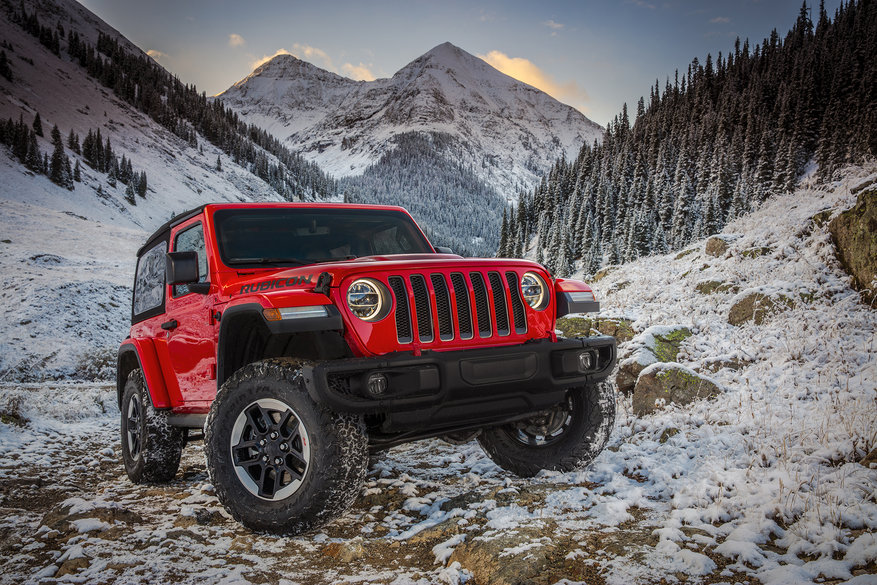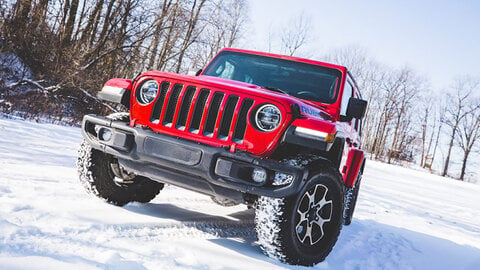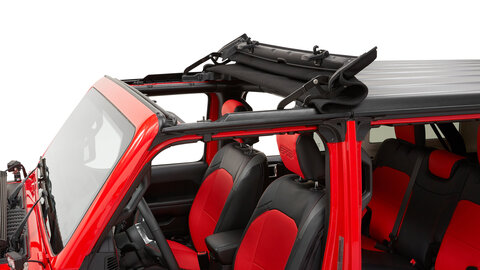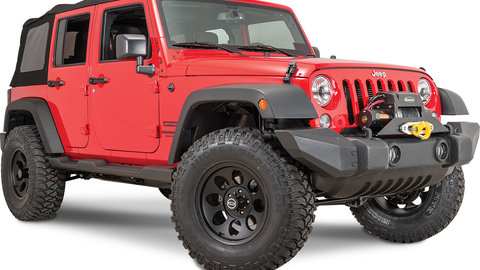by Matt Konkle
Quadratec Channel Editor
A new Wrangler redesign may have helped catapult Jeep to its best-ever sales finish last year, but the new model didn’t do much to improve the brand’s quality, according to the latest J.D. Power Initial Quality Survey.
The survey, announced Wednesday, placed Jeep nearly in the middle of the pack with 100 problems reported per 100 vehicles. That is down slightly from 2018’s reported 96 problems per 100 vehicles.
"Anytime you see a brand that's fallen in a particular ranking, it's almost always because they launched a high-volume vehicle," said Dave Sargent, vice president of global automotive at J.D. Power. "Sometimes it's just your turn; you have a big launch, you go down in the rankings. But the next year, you'll go back up in the rankings."
Jeep’s stagnation wasn’t unique among automakers though, as vehicle quality overall stayed flat for the 2019 model year, marking the first time it hasn't improved in five years, J.D. Power said.
Jeep did place one vehicle, the Grand Cherokee, in the top three of its respective segments for initial quality. FCA’s Dodge Challenger and Grand Caravan also made the top three in their segments as well.
"We're especially proud of the Grand Cherokee's 20 percent year-over-year improvement in initial quality, which was strong enough to put it in the top three among Midsize SUVs," said Mark Champine, FCA Head of North American Quality. “This type of quality improvement reinforces our commitment to Grand Cherokee – the most awarded SUV ever – and to our recently announced $900 million investment at the Jefferson North Assembly Plant in Detroit, the home of Grand Cherokee."
Dodge led all FCA brands in the survey with 90 problems per 100 vehicles, finishing eighth overall—its best-ever performance. The brand placed 19th last year.
Ram, after jumping into the ninth spot in 2018, also slipped for FCA. The truck and van division came in at 21st this year with 105 issues per 100 vehicles.
The industry standard, according to the survey, was 93 problems per 100 vehicles.
Once again, the survey was led by both Genesis (63), Kia (70) and Hyundai (71).
While infotainment systems remain the biggest source of problems for automakers, it is also the area with the most improvement, especially voice recognition and Bluetooth connectivity, according to a J.D. Power statement. But more advanced driver assistance systems are an increasing source of problems and owner complaints, especially among premium brands.
“Automakers continue to make progress in areas like infotainment that attract a lot of consumer attention,” Sargent said. “However, some traditional problems crept up this year including paint imperfections, brake and suspension noises, engines not starting and the ‘check engine’ light coming on early in the ownership experience."
IQS is based on responses from more than 75,000 purchasers and lessees of new 2019 model-year vehicles surveyed after 90 days of ownership. The study asks customers to identify issues with their vehicles’ design, as well as defects.
It doesn't gauge long-term reliability, value or popularity. Instead, it tracks defects and shortcomings, such as poorly performing infotainment and problems with advanced safety systems.
The IQS study, now in its 33nd year, is based on a 233-question survey conducted between February and May 2019.





















